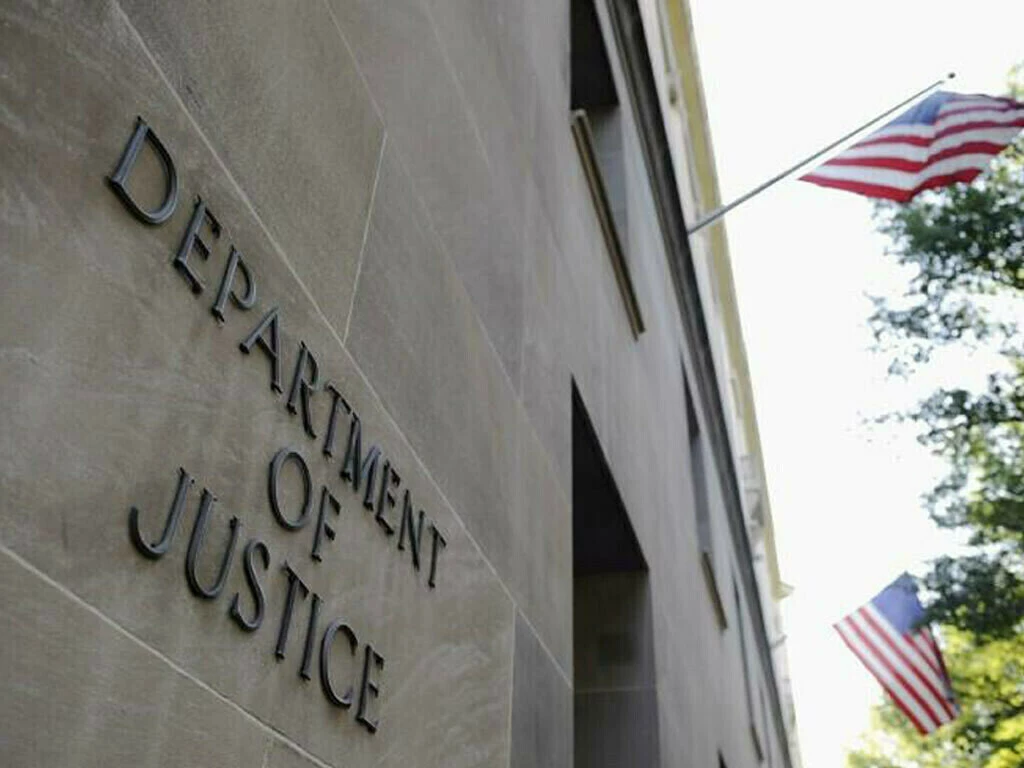On Thursday, the Justice Department announced two US citizens were arrested in Kansas City for allegedly sending US aviation technology to Russia.
Cyril Gregory Buyanovsky and Douglas Robertson, the ages 59 and 55 respectively are facing several charges, including exporting controlled goods without a license, faking and failing to file electronic export data, and smuggling goods disobedient to US law.
The arrest is the most recent move by the Justice Department’s Task Force KleptoCapture, made up of federal prosecutors, investigators, and analysts, which has worked for the past year to wage a global campaign against money laundering and sanctions evasion in support of the Russian government. According to the Justice Department, its work has resulted in over 30 charges against sanctioned supporters of the Kremlin and Russian military.
According to prosecutors, the two men’s US-based KanRus Trading Company sold and installed Western electronic equipment for airplanes, allegedly traded supplies to Russian companies, and delivered repair services for Russian aircraft. To get around US sanctions, prosecutors say Buyanovsky and Robertson covered who their clients were, lied about how much products cost, and were paid through foreign bank accounts.
After Russia’s war in Ukraine started last year, the US government set additional sanctions on shipments to Russia. Buyanovsky and Robertson are concerned about their possibilities for continuing to send shipments to at least one client in Russia, prosecutors say, including by shipping shipments through third-party countries.
According to the indictment, a KanRus shipment in February 2022 was flagged by the Department of Commerce because it did not have the proper licensing.
Shortly later, Robertson, who is a retail pilot, allegedly told a Russia-based client that “things are tough in the USA” and that invoices must to be less than $50,000 because otherwise there would be “more paperwork and visibility,” adding that “this is NOT the right time for either.” A shipment to that Russian client was later sent through Laos, prosecutors say.




